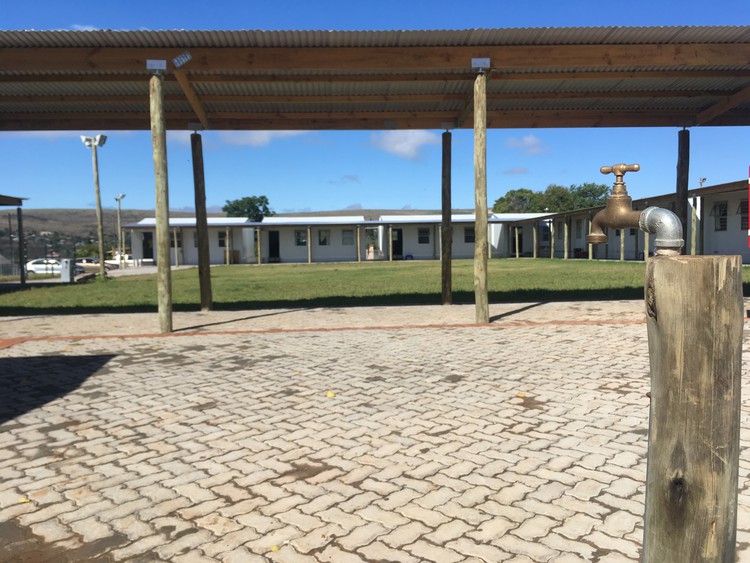Grahamstown schools hit by water cuts
No end in sight to Makhanda’s severe water shortage
Makhanda’s unreliable water supply is causing serious sanitation problems for a local school. The Sarah Baartman District Municipality, which includes Makhanda (formerly Grahamstown), was declared a local state of disaster on 25 February because of the water shortage.
Leon Coetzee, principal of Grahamstown Primary, said that the water cuts have disrupted learning with schools being unable to flush toilets and cook daily lunches. “The learners come from home where there is no water, and they come to school expecting water, where there is none,” said Coetzee.
The inability to flush is the biggest problem. Coetzee said that when the toilets were closed last week, two children wet themselves. “We now leave it open, and collect water to flush them.”
A borehole has been sunk on the premises of the school, but the water still needs to be tested.
The city’s water supply has been erratic for a long time, but the problem became particularly serious in late January, caused by a combination of low dam levels and lack of maintenance of the water-supply infrastructure.
Gift of the Givers, a charity, has been distributing drinking water and drilling boreholes across the drought-stricken municipality. The organisation has also started a fund to raise R30 million for emergency drought relief.
“It is very disturbing for me that a an educational institute should operate without water, it is a basic need. For the learners this is supposed to be a safe haven,” said Coetzee.
The municipality stated on Monday that the James Kleynhans Treatment Works, which provides water to the eastern side of the city where Grahamstown Primary is, is only working at half its capacity because the other pumps are being “aligned”.
Support independent journalism
Donate using Payfast

Don't miss out on the latest news
We respect your privacy, and promise we won't spam you.
Next: Union outraged that Public Works employees sent to “no-go” areas in PE
Previous: Janitors face losing battle in Khayelitsha as taps fail
© 2019 GroundUp.
This article is licensed under a Creative Commons Attribution-NoDerivatives 4.0 International License.
You may republish this article, so long as you credit the authors and GroundUp, and do not change the text. Please include a link back to the original article.

